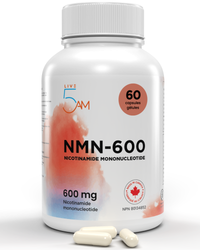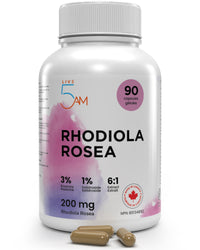The Story: Two Sleepless Nights, Two Different Fixes
It’s 11:47 p.m.
Maya is exhausted; she’s been scrolling through emails, her mind racing about tomorrow’s meeting. She takes a melatonin gummy, hoping to “switch off.”
Across town, James is tired too, but for different reasons. His muscles ache from late-night workouts. He doesn’t have trouble falling asleep; he keeps waking up at 3 a.m., staring at the ceiling; he takes his magnesium and heads to bed.
Two people. Two sleep stories.
Same goal, rest, but completely different biological roadblocks.
Melatonin: The Signal, Not the Sedative
Melatonin is often misunderstood. It’s not a sleeping pill; it’s a timing cue.
Your body naturally produces melatonin when darkness sets in. It’s your internal signal that says, “nighttime is here.” But stress, late-night screen time, or travel can delay that signal.
Who it helps most:
-
Shift workers, travellers, or anyone with jet lag
-
People whose body clock is off (can’t fall asleep until 2 a.m.)
-
Those who struggle to start sleep, not stay asleep
What it doesn’t do:
Melatonin won’t keep you asleep or fix the quality of your rest. Too much of it can even confuse your natural rhythm. It’s like forcing the curtains shut, darkness appears, but calm doesn’t always follow.
Magnesium: The Calm Conductor
If melatonin is the signal, magnesium is the soother.
This mineral plays a role in hundreds of cellular reactions, including muscle relaxation and nervous system balance. Low magnesium can lead to restlessness, leg cramps, and that feeling of being “tired but wired.”
Who it helps most:
-
Those who fall asleep fine but wake up often
-
People with muscle tension, anxiety, or racing thoughts
-
Anyone who feels physically restless before bed
What it doesn’t do:
Magnesium won’t “knock you out.” Instead, it helps the body unwind enough for natural sleep to happen, like turning down the background noise.
When the Problem Isn’t Just Sleep
Sleep issues often have layers, hormones, diet, stress, light exposure, even caffeine timing.
For some people, the best sleep fix isn’t a supplement at all; it’s a consistent bedtime, better light exposure during the day, or a small evening ritual that tells your body it’s safe to rest.
How to Think About It
Instead of asking “Which one is better?” ask:
-
Is my body struggling to know when to sleep? → melatonin might help reset the signal.
-
Is my body struggling to relax enough to stay asleep? → magnesium might help calm the system.
They can even complement each other; one sets the time, the other sets the tone.
5AM Note: Supporting Natural Sleep from Within
Here, we believe in restoring rhythms, not replacing them.
That’s why magnesium shows up often in our recovery and relaxation formulas; it supports the body’s own sleep cycle rather than forcing it.







